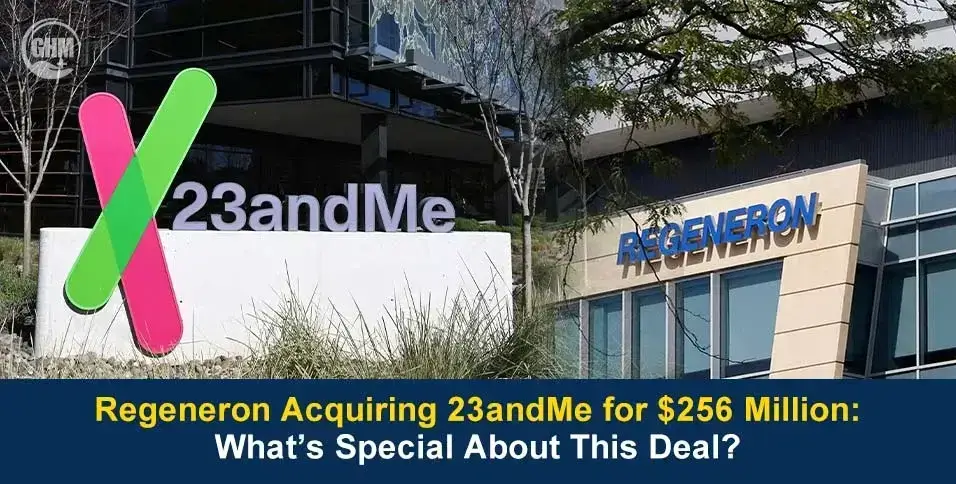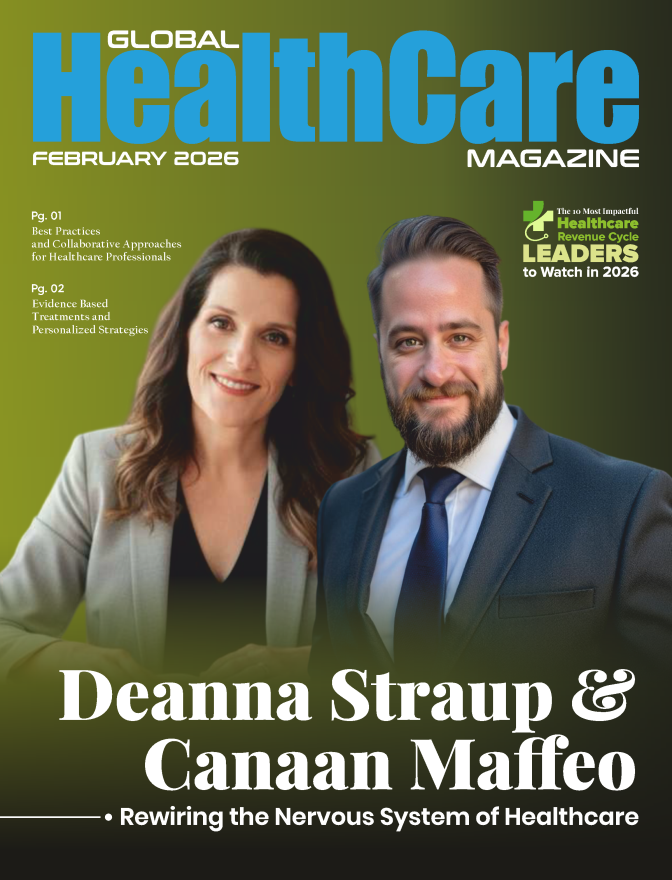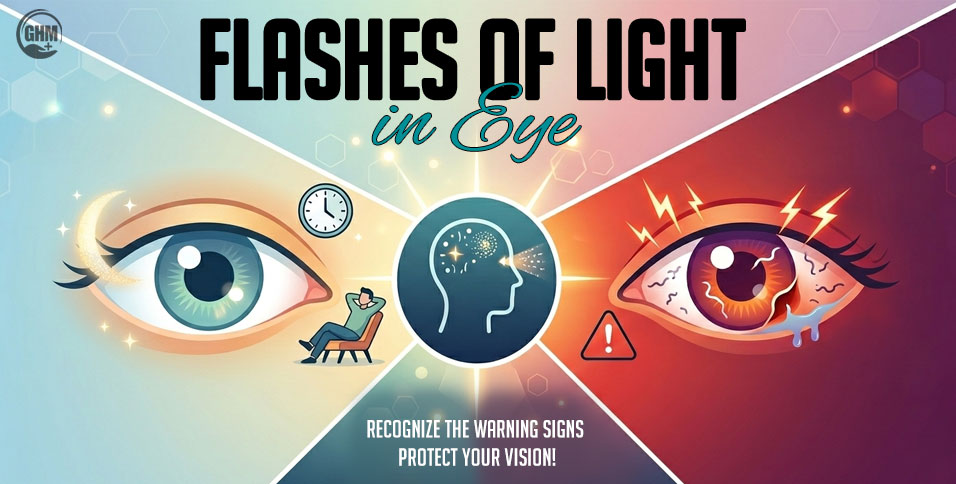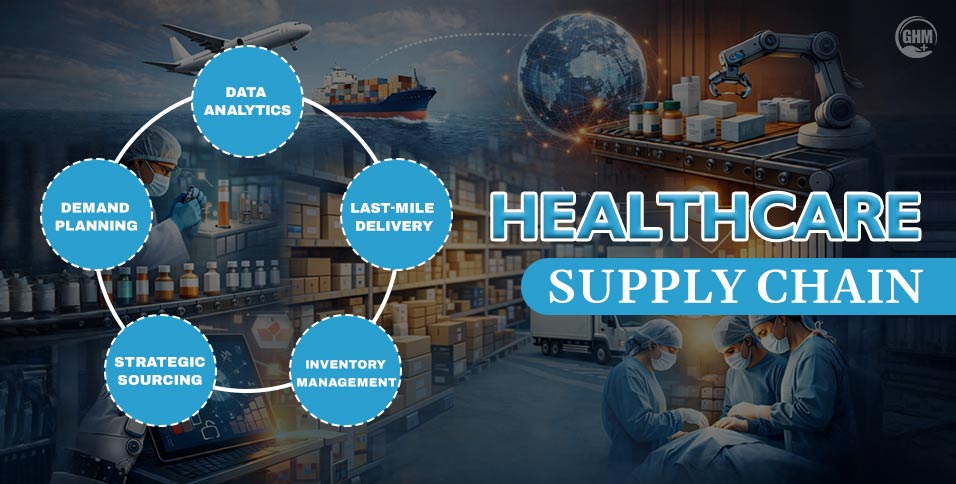In a bold turn of events that’s shaking up the biotech and consumer genetics industries, Regeneron acquiring 23andMe has become the headline no one saw coming—yet everyone is now watching closely. Just months after 23andMe, once the poster child of direct-to-consumer genetic testing, filed for Chapter 11 bankruptcy protection, the company has found a surprising lifeline in Regeneron Pharmaceuticals. This $256 million deal isn’t just a financial transaction—it’s a strategic gamble with far-reaching implications for personalized medicine, genomic research, and the future of data-driven drug discovery.
As Regeneron steps in to rescue 23andMe’s sprawling DNA database from the ashes, the industry is left asking: what does it really mean when a pharmaceutical giant takes ownership of one of the world’s largest repositories of human genetic data?
A Lifeline Deal: Summary of the Acquisition
Regeneron Pharmaceuticals, a leader in biotech innovation, won a bankruptcy auction to acquire “substantially all” assets of 23andMe, the once-pioneering consumer DNA testing company, for $256 million.
The acquisition includes:
- 23andMe’s Personal Genome Service
- Its Total Health and Research Services
- And, most significantly, a biobank of genetic data from over 15 million individuals
Excluded from the deal is Lemonaid Health, 23andMe’s telehealth business, which will be discontinued.
The transaction now awaits bankruptcy court approval on June 17, 2025, with final closure expected by Q3 2025.
What Drove 23andMe to Sell?
Once a household name in home DNA testing, 23andMe suffered a dramatic fall. Its Chapter 11 bankruptcy filing in March 2025 followed:
- A massive data breach in 2023 that compromised sensitive customer data.
- A drop in consumer demand for DNA kits due to growing privacy concerns and market saturation.
While multiple parties expressed interest in acquiring the company, Regeneron’s bid outpaced a competing offer from a nonprofit linked to 23andMe’s co-founder Anne Wojcicki.
Why Regeneron Wants 23andMe’s DNA Vault?
This deal of Regeneron acquiring 23andMe is not about selling test kits it’s about unlocking the genetic code to accelerate drug discovery.
Regeneron, already recognized for its genetic research in developing drugs for cancer, arthritis, and infectious diseases, sees 23andMe’s 15-million-person genetic database as a goldmine.
By tapping into this data (only with customer consent), Regeneron hopes to:
- Identify new drug targets faster
- Understand disease mechanisms more deeply
- Develop precision therapies at a larger scale
It’s a strategic leap to supercharge Regeneron’s research and development engine, potentially saving years of clinical research time.
DNA Privacy: The Elephant in the Room
With the sensitive nature of genetic data, privacy remains a critical concern.
Regeneron has made clear commitments to:
- Honor 23andMe’s existing privacy agreements
- Use data only with customer consent
- Allow customers to opt out or delete their data
- Comply with global privacy laws like GDPR and HIPAA
To strengthen trust, a court-appointed privacy ombudsman will monitor data handling and report findings to the bankruptcy court before the acquisition is finalized.
This step, though unusual, reflects the heightened scrutiny over health data transfers, especially after the 2023 breach.
What Will Change for Customers After Regeneron Acquiring 23andMe?
For 23andMe’s customers, the immediate changes will be minimal, but the long-term impact could be significant.
Here’s what customers can expect:
- Continued access to ancestry and health reports
- No change in service availability
- Full control over their data, including opting out of research or deleting data
- Increased transparency, with Regeneron pledging public updates on privacy practices
However, the shift from a consumer-focused brand to a biotech-owned subsidiary raises valid questions: Who controls your data now? Could your DNA be used to develop drugs you may never access? Customers are advised to stay informed and review updated policies as the deal progresses.
Industry Impact: A Bold Signal in Genomics
Industry analysts view this move as a strategic masterstroke for Regeneron and a wake-up call for the genomics market.
- Long-term investment: Drug development cycles are measured in decades. This acquisition shows Regeneron is playing the long game.
- Market reaction: Regeneron’s stock rose modestly, while shares of 23andMe’s parent surged on the buyout news.
- Data-driven drug development is now firmly at the center of biotech strategy.
This deal could set a precedent: consumer DNA companies may increasingly become assets for pharmaceutical giants seeking real-world, large-scale genetic insights.
Lemonaid Health: The End of a Short Journey
Lemonaid Health, a telehealth service acquired by 23andMe in 2021, will not be part of this transition. It will be shut down, marking the end of a brief but notable foray into digital health by 23andMe.
This signals Regeneron’s sharp focus on data, not direct care services, as it integrates 23andMe’s capabilities into its core research framework.
Final Thoughts: A Genetic Gamble With Big Stakes
Regeneron’s acquisition of 23andMe marks a turning point in how we think about health data, privacy, and the future of personalized medicine.
For consumers, it’s a reminder that your DNA is powerful—not just biologically, but commercially.
For the healthcare industry, it underscores a shift: the future of medicine may not lie only in labs and clinics, but also in the massive datasets created by everyday people.
As this deal of Regeneron acquiring 23andMe moves toward court approval, all eyes are on how Regeneron will balance innovation with ethics and how it will honor the trust of millions who once spit in a tube hoping to learn more about themselves, not become a part of something much bigger.













